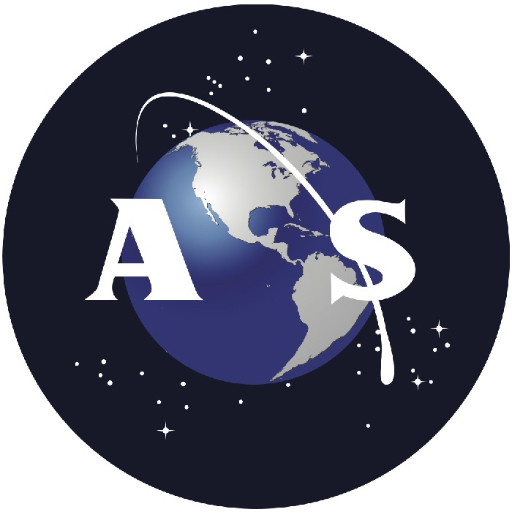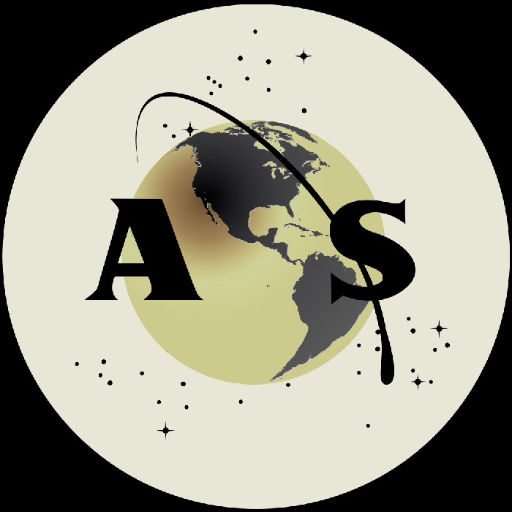During a lecture series at West Virginia University, Dr. Norman Augustine discussed education in America. One key point in his lecture was: What interests young kids and how do we keep them inspired? Two of the typical answers elementary school students provide is “dinosaurs” and “space”.
From an educational standpoint, there is a push to inspire students to pursue science, technology, engineering, and mathematics (STEM) disciplines for their careers. In some states, students are required to choose a career track in 8th grade. This means that a 13 or 14 year old is expected to have some idea of the type of work they would like to pursue at this stage of the game. Typically there are two tracks (I have generalized so this may not be the case for every state): science and math track or the liberal arts-focused track. If students select a liberal arts focus and change their mind in high school or at an entry point in college, they could be behind in their math and science knowledge and have to play “catch up” to get on track for a STEM career. If students choose to take courses more aligned with STEM in high school and change their mind, it is often easier for them to transition into a liberal arts track as opposed to the opposite. Because of issues such as this, there has been a push around the country to encourage students to become interested in STEM early, so that they may sufficiently prepare themselves for college and their careers.
Two organizations that strive to do this are run by college students. These students understand the importance of an education that prepares you, and they strive to inspire the next generation to follow their dreams. The Student Partnership for the Advancement of Cosmic Exploration (SPACE) was founded at West Virginia University by eight students hoping to make a difference and has continued to grow in membership. This organization is focused on public and student outreach, curriculum development, and helping college students obtain internships, scholarships, and research opportunities. One particular event they co-host with the Mid-Atlantic Aerospace Complex is a 3-day Aviation Summer Camp which invites approximately 50 to 75 West Virginia 7th and 8th grade students to the WVU campus. During this camp, the students have the chance to participate in the following:
- Astronaut Jon McBride visits to speak to students and have lunch with them.
- Students tour the WVU aerospace labs and fly in a flight simulator.
- Students participate in team-building projects such as constructing gliders and small rockets.
- Students visit the Challenger Center in Wheeling, WV to participate in a mock mission to Mars.
- Students visit the local airport to get up close to actual aircraft.
- Students interact with college students and professionals and learn more about their career choices.
The goal of the camp is to help inspire students at the pivotal time in their educational careers where they must make the choice between a science and math-oriented focus or the liberal arts focus. SPACE has taken a leading role in public outreach as well, holding general community presentations educating others about the benefit of space exploration to us on earth. Most recently, SPACE has petitioned to have an aviation ground school course taught at WVU to help college students take the first steps into working toward their pilot’s license. By offering it through the University, ground school becomes an affordable option for many students who would otherwise be unable to afford such a course while in school.
The second organization is We Want Our Future (WWOF). We Want Our Future’s Mission is to, “Inspire students across the country to dream about their future and recognize the importance of science, technology, engineering and math in making these dreams a reality”. According to their website: “We Want Our Future!” Initiative is a nationwide outreach/advocacy project that will challenge students to dream about what they want their future to look like – specifically with respect to space. This project will exclusively promote space exploration as a national priority, avoiding any specific agenda. The Initiative is a ‘for students, by students’ project to call attention to the necessity of space in our collective future.” The project aims to have volunteers visit K-12 classrooms and talk to students about space exploration and technology. The students are then encouraged to create a post card representing their dream for their future as related to space exploration. The goal is to assemble 100,000 post cards from across the country to send to elected officials showing a united front of youth from all states and territories stressing a future with space exploration.
If you would like to learn more about either of these organizations or volunteer please visit their websites at:




